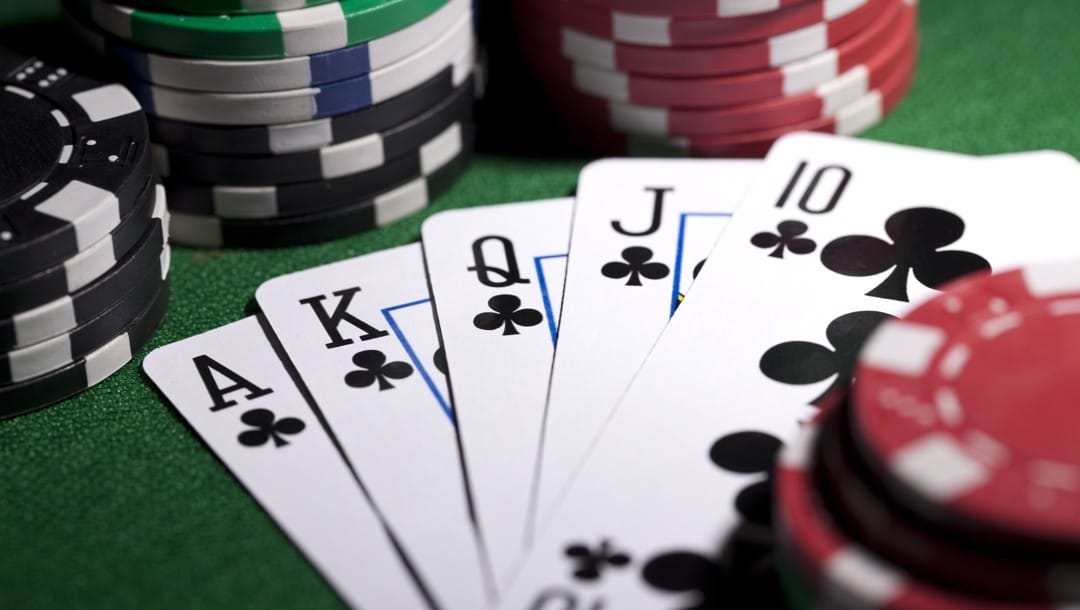Uncovering the Secrets of High-Stakes Poker Tournaments
The Thrill of High-Stakes Poker Tournaments
High-stakes poker tournaments are a world unto themselves, where the best players gather to showcase their skills, strategy, and nerves of steel. These events draw participants and spectators alike, creating an electrifying atmosphere that is hard to match. Whether you’re a seasoned pro or an enthusiastic newcomer, the allure of these tournaments lies in their unpredictability and the potential for life-changing winnings. The excitement is akin to the rush one might feel when playing games like aviator, where every moment is filled with anticipation and the stakes can be incredibly high.
The allure of high-stakes poker is not just about the financial rewards. For many, it is the challenge of facing off against some of the best minds in the game. The psychological warfare, the ability to read opponents, and the strategic depth involved make poker tournaments a fascinating spectacle. Watching players bluff, raise, and fold with millions on the line is a testament to the mental fortitude and skill required to compete at this level.
Strategies for Success in High-Stakes Poker
To succeed in high-stakes poker tournaments, players must master a range of strategies that go beyond basic poker skills. One critical element is bankroll management. Players need to ensure they have enough funds to withstand the swings of fortune that are inevitable in poker. This means not risking too much of their bankroll in any single game, regardless of how confident they may feel about their chances.
Another crucial aspect of success is adaptability. The best players can alter their strategies based on the changing dynamics of the game. This involves being aware of the playing styles of opponents and adjusting one’s approach accordingly. For instance, a player might adopt a more aggressive style against cautious opponents or become more conservative against aggressive players. This strategic flexibility is what separates the good players from the great ones.
The Psychological Game of Poker

Poker is as much a psychological contest as it is a card game. Understanding the psychology of opponents and oneself is vital to succeeding in high-stakes tournaments. Players must learn to control their emotions, maintain focus, and avoid going on tilt. “Tilt” is a term used to describe a state of emotional frustration or confusion that leads to suboptimal play. Recognizing the signs of tilt in oneself and opponents can be a crucial advantage.
Moreover, successful poker players are adept at reading tells, which are subtle cues that reveal what an opponent might be thinking or feeling. These can be physical, such as facial expressions or body language, or behavioral, such as betting patterns. Mastering the art of deception and the ability to mislead opponents with false tells is also a key psychological skill that top players develop over time.
Exploring the World of High-Stakes Poker Online
The digital age has brought high-stakes poker to the online realm, offering a new dimension to the game. Online platforms host some of the most prestigious tournaments, allowing players from around the world to compete without leaving their homes. This accessibility has democratized the game, enabling a broader range of players to experience the thrill of high-stakes poker.
Online poker tournaments also offer unique challenges and opportunities. Players must adapt to the differences between live and online play, such as the absence of physical tells and the faster pace of the game. Despite these differences, the core strategies and psychological elements remain the same, making online high-stakes poker a compelling continuation of the traditional game.<
















